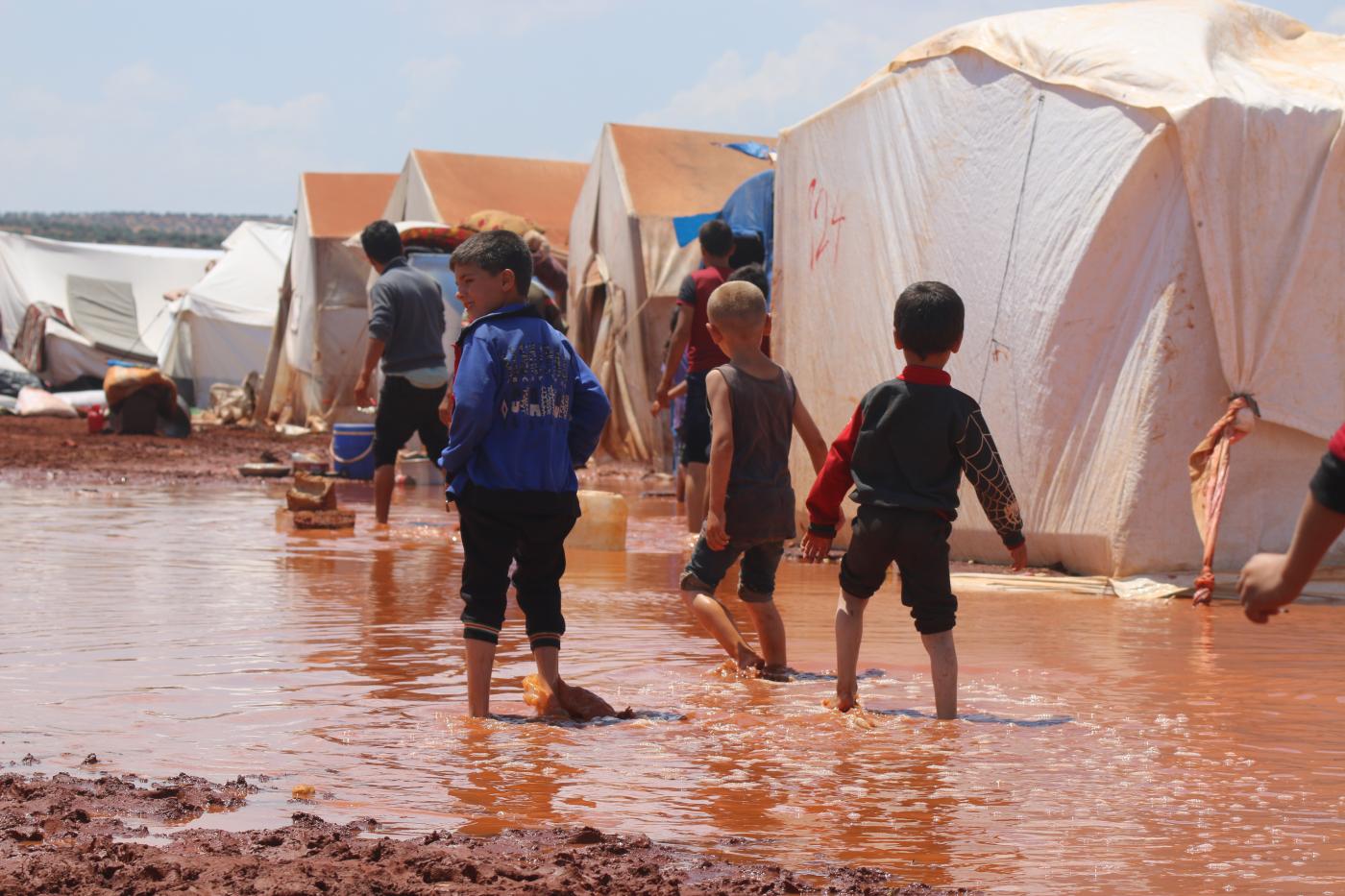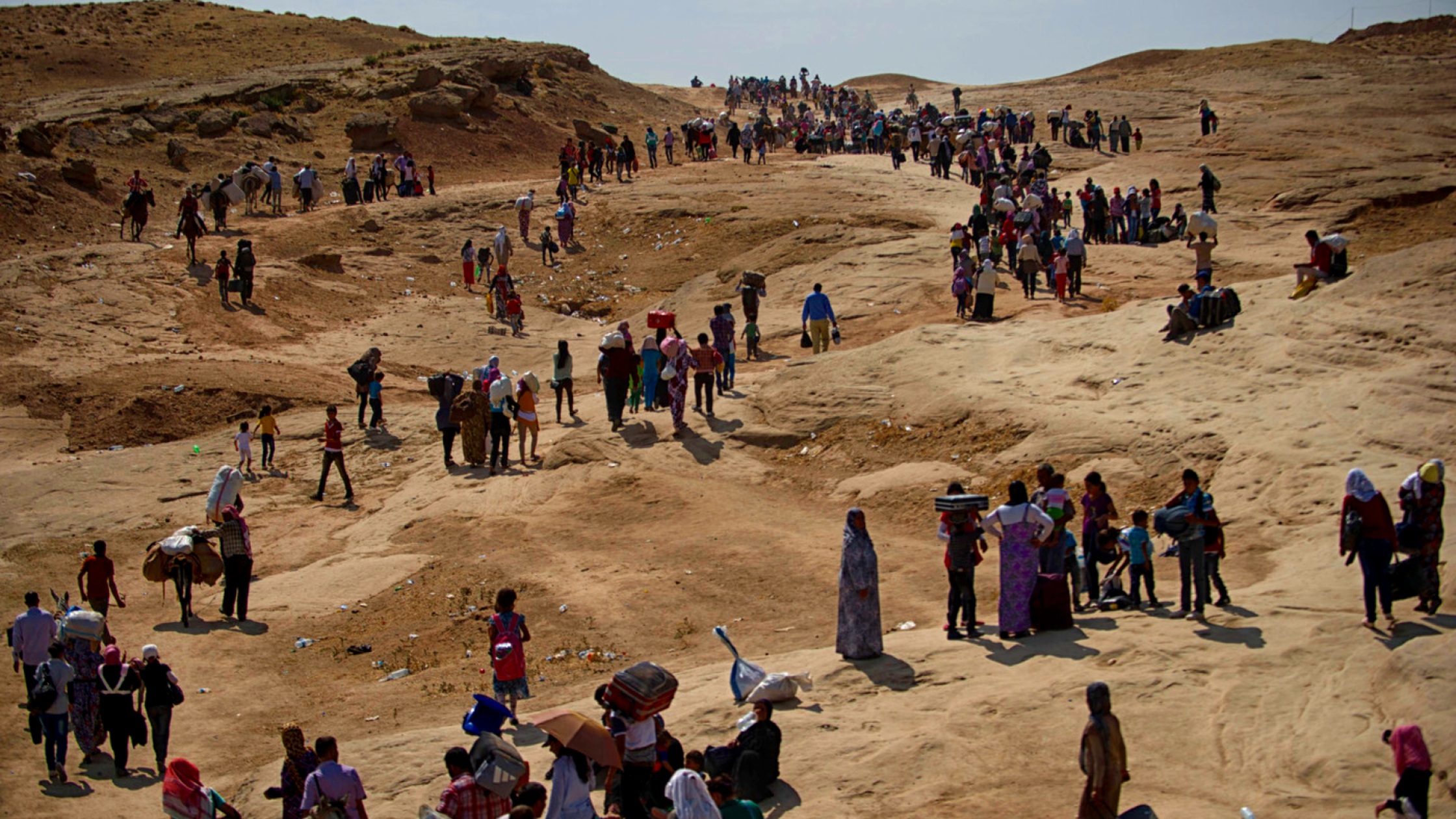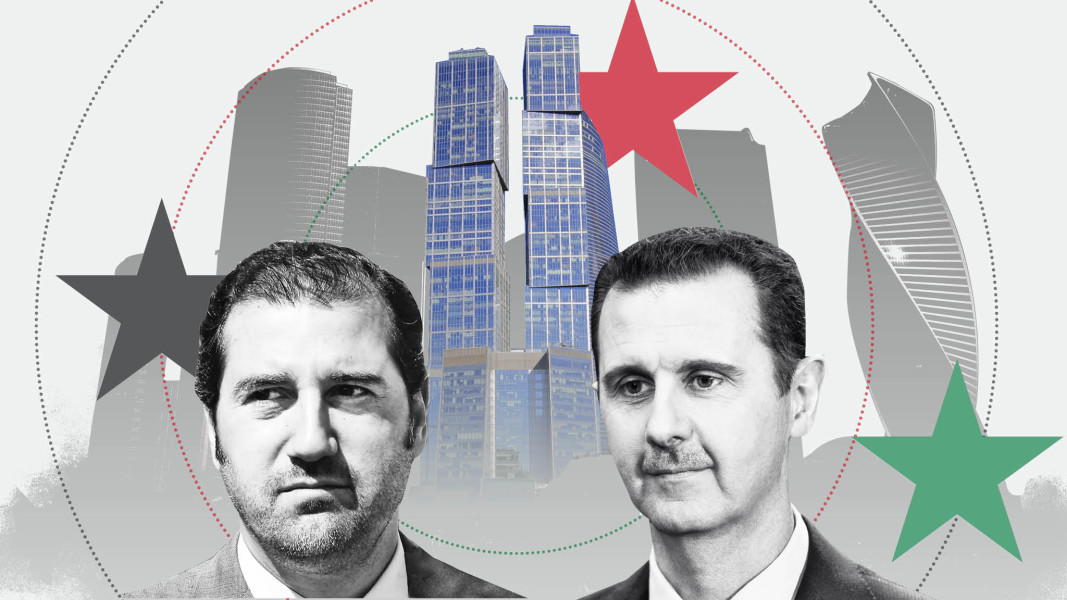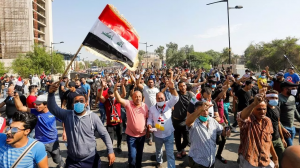On Monday, the French Foreign Ministry announced it has brought another ten children of Islamic State (ISIS) fighters back to France, adding to the 18 repatriated since March 2019.
In the June 22 communique, France thanked local authorities for their cooperation and said the children are now in the hands of French medical and security services.
“France has carried out the return of ten French minors, orphans or humanitarian cases, who were in camps in northeast Syria,” said the press release from the foreign ministry.
“These children have been turned over to French judicial authorities, are receiving medical treatment and have been taken in by social services,” the ministry added.
The Autonomous Administration of North and East Syria foreign relations commission co-chair Abdulkarim Omar confirmed via Twitter that a French delegation took charge of the “orphaned and humanitarian cases” in the city of Qamishli.
The International Crisis Group says 13,500 foreign women and their children are living across three camps in northeast Syria, and 300 of them are believed to be French.
The issue of repatriating children taken to or born into the Islamic State’s so-called “caliphate” in Syria is fraught with logistical and policy challenges.
Human rights campaigners argue the French and other foreign governments have a duty of care to the children of foreign fighters. According to activists and members of their extended families, France should repatriate minors immediately, removing them from the physical and psychological dangers they face in the camps.
“It is eminently possible to repatriate these families, there is no practical barrier to it, all that is needed at the moment is the political will to do so,” Mat Tinkler, the director of international programs and policy at Save the Children, told The Guardian in February.
Disease and malnutrition are rife in the makeshift refugee-cum-prison camps like the notorious Al Hul, aid agencies report. Three children drowned after a rare summer downpour hit a camp in Idlib on the weekend, destroying tents and possessions and highlighting the tenuous and dangerous position of children living in Syrian camps.
The French government maintains that the children’s parents should be forced to face justice in Syria, and said children will continue to be repatriated on a case-by-case basis.
Foreign governments have cited the logistical and security challenges of accessing the camps as reasons for not providing assistance to the children. The Australian government, for one, said it is not willing to risk the lives of soldiers or Department of Foreign Affairs staff to rescue “hardcore” terrorists who “have the potential and capacity to come back here and cause a mass casualty event.”
The pro-Kurdish authorities who run the Autonomous Administration of North and East Syria where the camps are located have urged foreign countries to repatriate detainees as they do not have the resources to hold them indefinitely.
They have also escorted a number of foreign citizens, mainly women in children, to neighboring Iraq to facilitate the repatriation process and reduce the risk of repatriation for foreign governments.
Read also: Caesar Act Sanctions: Another Blow to Syria’s Collapsing Economy





